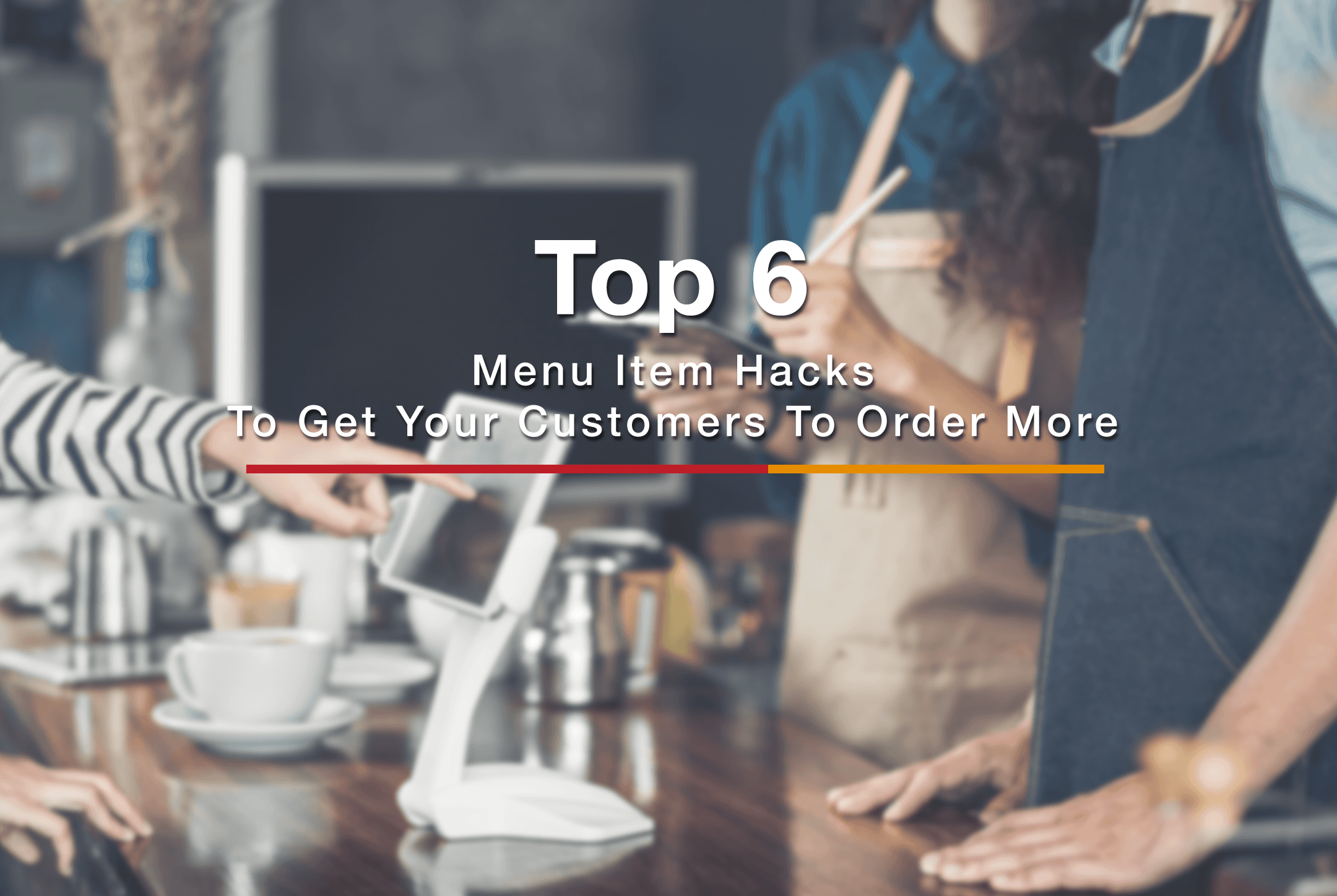
6 Restaurant Menu Hacks to Increase Profitability

7 No-fail Food Photography Tricks for Restaurants
January 2, 2020
Boost Your Chinese New Year Menu with these 6 Lucky Foodstuffs
January 28, 2020Restaurant menus are more than just a list of things to eat and drink. If a menu is done right, your customers will be more likely to order more food. Without changing any of the items on your menu or their prices, you can improve your restaurant menu and profit margins just by simply adopting these easy tricks.
-
Strategize your star dishes
First of all, create a menu engineering matrix to measure the popularity of your menu items and rearrange them accordingly. Where Y-axis is the item’s popularity (or the number of items sold in a set timeframe) and X-axis is the item’s profitability (or the item’s profit margin), the matrix should give you a clear idea of what your Stars, Dogs, Plowhorses and Puzzles are. Here’s a quick cheat sheet:
- Stars: items with high popularity and high profitability; you should prioritize and make them extremely visible on your restaurant menu.
- Plowhorses: items with high popularity and low profitability; perhaps, this is a signature dish that you need to work on to combat high food costs.
- Puzzles: items with low popularity and high profitability; investigate and learn why your customers are not ordering it. You may want to tweak this particular recipe and better position it on your menu.
- Dogs: items with low profitability and low popularity; while you don’t have to eliminate these dishes, consider repositioning them on your menu.
-
Redesign with the Golden Triangle in mind
Now that you know your star dishes, we can adopt the rule of the Golden Triangle. We are told by menu engineers that our eyes typically look at the middle first section before moving onto the top right corner and then finally the top left. In other words, these are the three areas where we should position the dishes with the highest profitability. For instance, your Stars can be placed at the top middle of your restaurant menu; whereas, your Plowhorses are positioned just below the Stars with the Puzzles following.
-
Forget about the dollar sign
When we look at a restaurant menu, we tend to scan through the list. And the dollar sign often reminds us that we’re spending money. Now, we don’t want that. To ensure that our psychology doesn’t get in the way, we can remove the dollar sign and use simple numbers. That way, diners will be more likely to spend more money without realizing it.
-
Tempt them with delicious descriptions
While not every restaurant menu has room for photography, we can always squeeze in a few words that’ll make a difference. Try adding descriptions — instead of just a list of ingredients — underneath the name of the dish to entice to your customers. Use words that’ll appeal to their senses. Or consider crafting more descriptive menu labels such as handcrafted chocolate lava cake drizzled with melted peanut butter. Doesn’t it sound better than just molten chocolate cake and peanut butter?
-
Offer dishes in two portion sizes
Your customers may assume that you want to upsell them the higher priced menu item but in reality, you gain more profit by selling the smaller portion at the lower price. This is because the smaller portions mean less raw materials. Since there are less food costs involved, you’re making a larger profit on a smaller portion. It’s a win-win situation because your customers will think they’re being money conscientious too.
-
Use colors to your advantage
We often underestimate the power of colors. In fact, different colors can trigger emotions and affect what we buy. By incorporating colors in your menu, you may be able to sway your customers’ buying decisions. For example, green suggests that the food is fresh and healthy. On the other hand, warm hues, such as orange, help stimulate the appetite. Perhaps, it’s time to retire those monochrome menus for better sales.
Fill your empty seats with eatigo
Looking to fill your restaurant’s empty seats? Join us at Eatigo, the restaurant reservation platform, to offer time-based discounts of up to 50% to more than five million hungry customers. There’s no better way to keep your restaurant busy!
You can join Eatigo today by submitting your interest via one of the forms below:
eatigo Hong Kong
eatigo Jakarta
eatigo Bengalauru
eatigo Mumbai
eatigo Pune
eatigo Seoul
eatigo Kuala Lumpur
eatigo Cebu
eatigo Davao
eatigo Manilla
eatigo Singapore
eatigo Bangkok
eatigo Chiang Mai
eatigo Pattaya
eatigo Phuket



